During the late 1900s to early 2000s, the top influential rappers of the decades have been clear. The 1990s’ “big three” have usually been associated with Tupac Shakur, the Notorious B. I. G. and Dr. Dre. This era of rappers has been named the “golden age” of rappers in which not only are the songs rated catchy but they convey important societal issues. On the other hand, the 2000s’ “big three” are said to be Eminem, Lil Wayne and Kanye West. These rappers, unlike their predecessors, are commended for their storytelling skills and metaphoric style.
However, the 2010s marks the beginning of the discourse over who the “big three” are today. In light of the recent Kendrick v. Drake v. J. Cole drama, a plethora of questions have been raised on who are the current era’s most influential rappers. The moment J. Cole referred to himself, Kendrick and Drake as the top rappers of today, chaos erupted in the community; in fact, many disagree with the ranking J. Cole proposes. After viewing this controversy, we decided to take on the liberty of answering this question: Who are the “big three” rappers today?
In order to answer this question, we must first decide what classifies a “big three” rapper. One common theme among all the aforementioned ranks was a skill in telling a story through figurative language. For example, Tupac Shakur used his music to speak about poverty, racial inequality, as well as police brutality–all injustices of which many minorities are frequent targets. He made wide sweeping critiques about society, such as in his song “Changes” where he raps: “Two shots in the dark, now Huey’s dead / I got love for my brother, but we can never go nowhere / Unless we share with each other / We gotta start makin’ changes”. His lyrics speak about the brutalization of African Americans by police and how this discrimination can ultimately end in death. “We gotta start makin’ changes” is not just a catchy lyric, it is a call to action to stop such injustices from happening in the future.
We felt that one rapper that fits these standards today was Metro Boomin, a rapper and producer who has been described as “a leader, trendsetter, [with] a huge influence on music and culture” by famous Grammy-winning musician John Legend. Many people know Metro Boomin due to his work on “Spider-Man: Across the Spider-Verse,” the sequel to “Spider-Man: Into the Spider-Verse.” Metro Boomin worked on the soundtrack for the movie, releasing hits such as “Annihilate,” “Am I Dreaming” and “Home.” The incorporation of strings into some of the songs, coupled with the incredible lyricism, makes the songs memorable and unique.
While they are related to fictional events in the movie, there are many relatable themes explored in these songs. For instance, in “Home,” Metro raps: “Fight all my battles all alone, tryna make it home / Tryna make it home, tryna make it home”. These lyrics can apply to anyone, Spiderperson or not. Miles, the protagonist in the movie, struggles with loneliness and isolation, themes which are experienced by people across the world. Metro creates a somber and hopeless atmosphere in this song to capture those feelings perfectly. It is because of this talent, which is displayed throughout his songs, that we believe he is one of the “big three.”
This next one might be a controversial pick, but we would like to revisit Kanye as a re-recipient of the “big three,” solely based on the impact of his music. Specifically, his popularity with his album “Graduation” due to his experimentation with musical styles and beats unheard of during his era allows him to be a good pick.
Kanye’s song “Homecoming” is a combination of musical skill sets that inspired many who came after him. Something we often see go unnoticed is his backtrack of crowd noises in the beginning of the song, representing the sounds of his hometown Chicago which he yearns for so much. Even the lyrics of his song are whimsical, with his comparing a nostalgic crush on a girl from one’s childhood to one’s love for their home. He reminds the audience that despite not being in Chicago anymore, his whole career was founded on the culture and traditions he had back there.
Finally, we agree with J. Cole’s choice of Kendrick Lamar. His way of telling a story through lyrics is something that can not go unnoticed. This is all apparent in his famous “good kid, m. A. A. d. city” album, where he provides the chronicles of the life of a young black man, surrounded by fear and motivation to survive. He takes parallels from Malcom X’s autobiography to paint his struggle to gain control over his life, discussing a plethora of themes such as love, loyalty, fear, toxic masculinity, spirituality, gangs, gun violence, racial profiling, teenage innocence and hope.
His most famous feature “Money Trees” is based on the metaphor of the relentless thirst for wealth. Using the American Dream as reference, he throws out the image of success through sheer hard work, and raps about how socio-economic issues impact an individual no matter how hard they try to escape. Even outside of the lyrics of the song, the rawness that appears in the song is impeccable, with him utilizing echos of fragmented ideas and grunts to taunt and shake the audience.
Upon looking at the aforementioned rapper’s music, the reasoning behind why we excluded Drake and J. Cole becomes apparent. For one, Drake mainly only raps about women he likes, lacking any substantial impact that the other “big three” rappers have had on bringing awareness on societal issues in the past. For J. Cole, while his lyrics do address prominent topics in society, they are really shallow when doing so. Additionally, his songs often don’t experiment with voice fluctuations or rhythmic differences, meaning his lack of experimentation prevents him from leading to musical transformations like Kanye did with “Graduation.”
Of course, it’s important to take this ranking with a grain of salt. These choices are reflective of our personal opinions mixed with research on these rappers. However, we truly believe that the rappers mentioned here are some of the most influential rappers of the modern era.



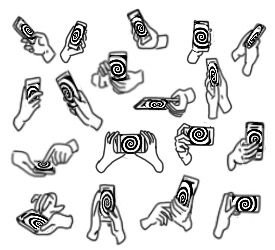
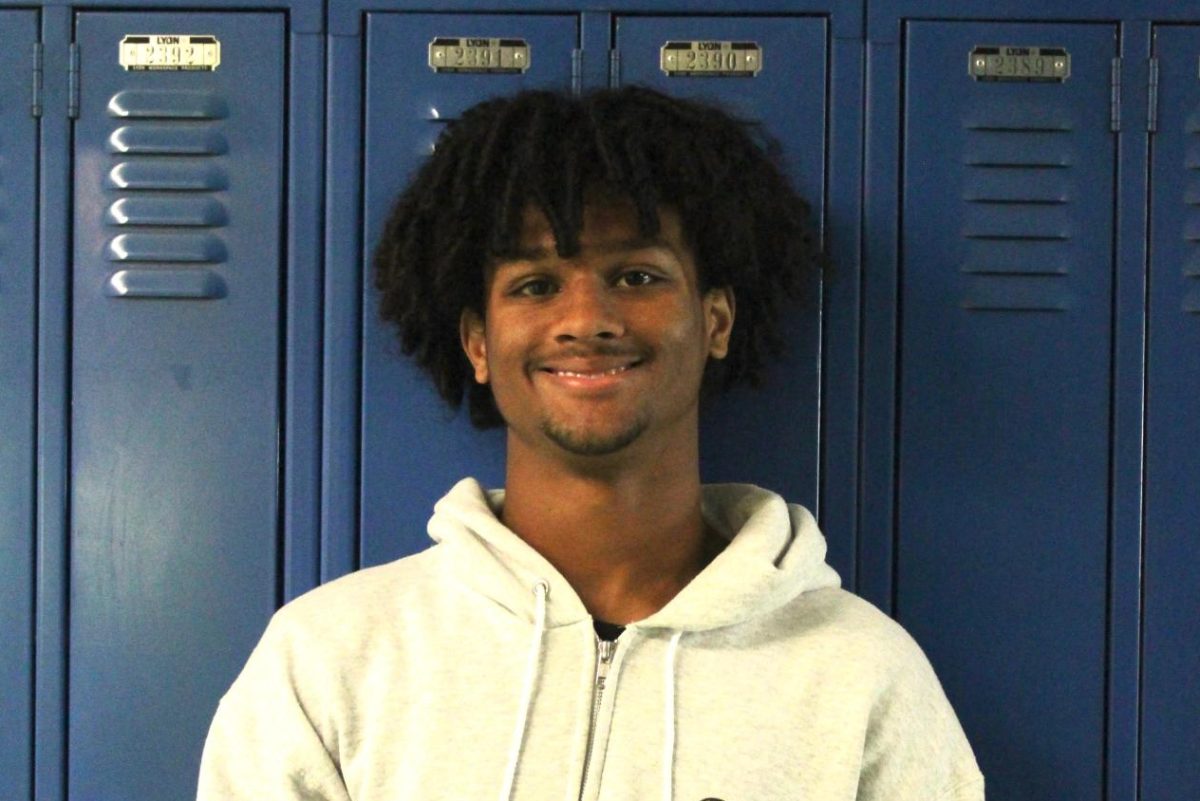


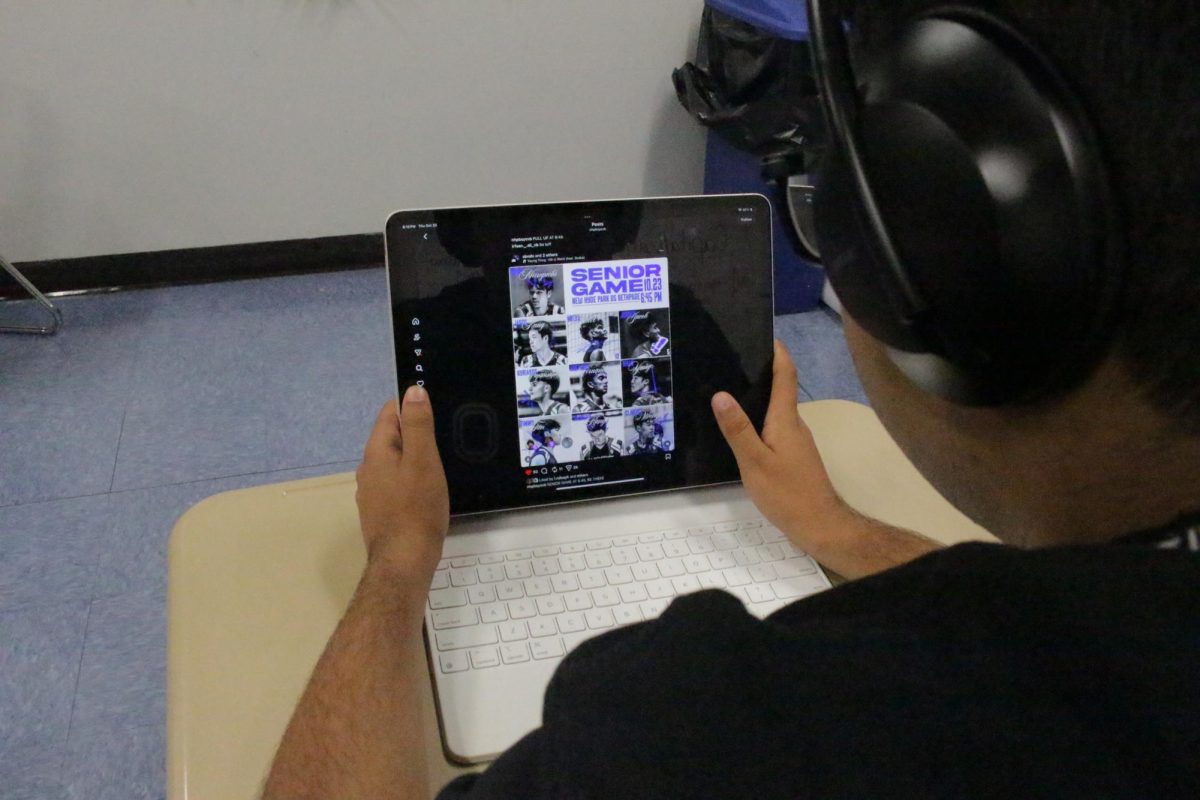

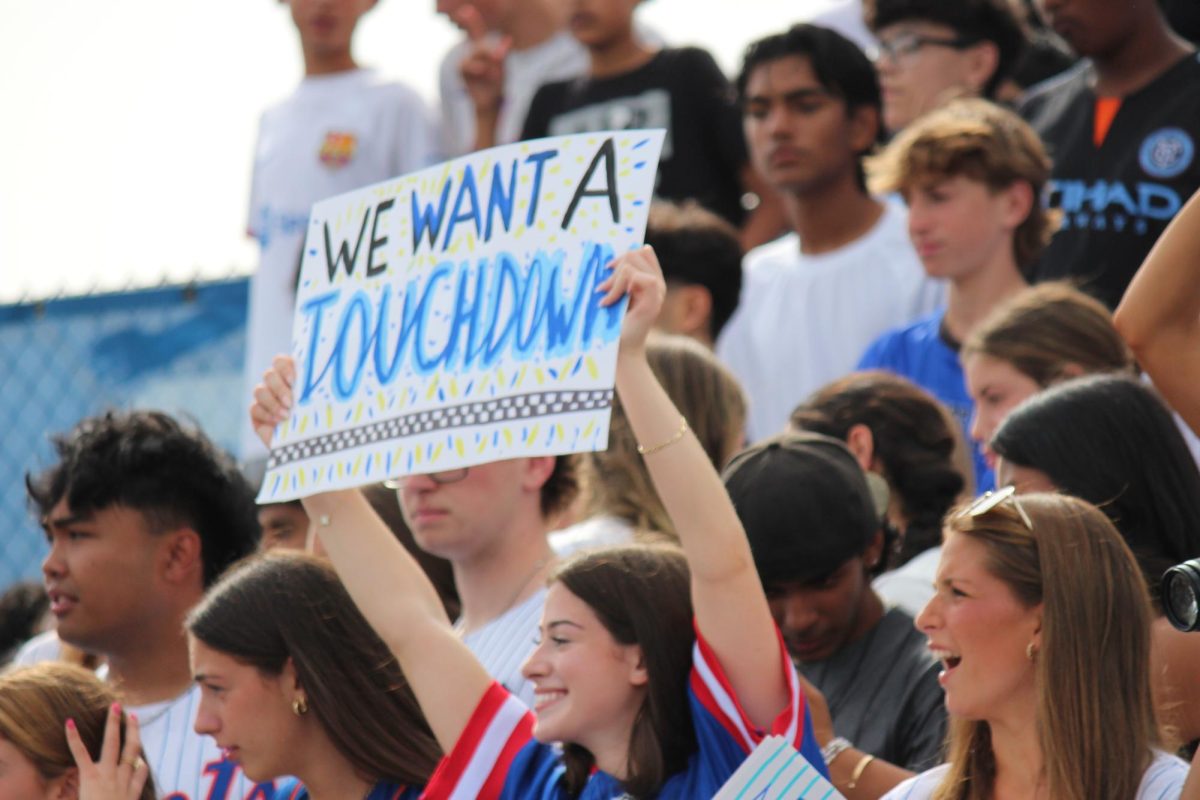
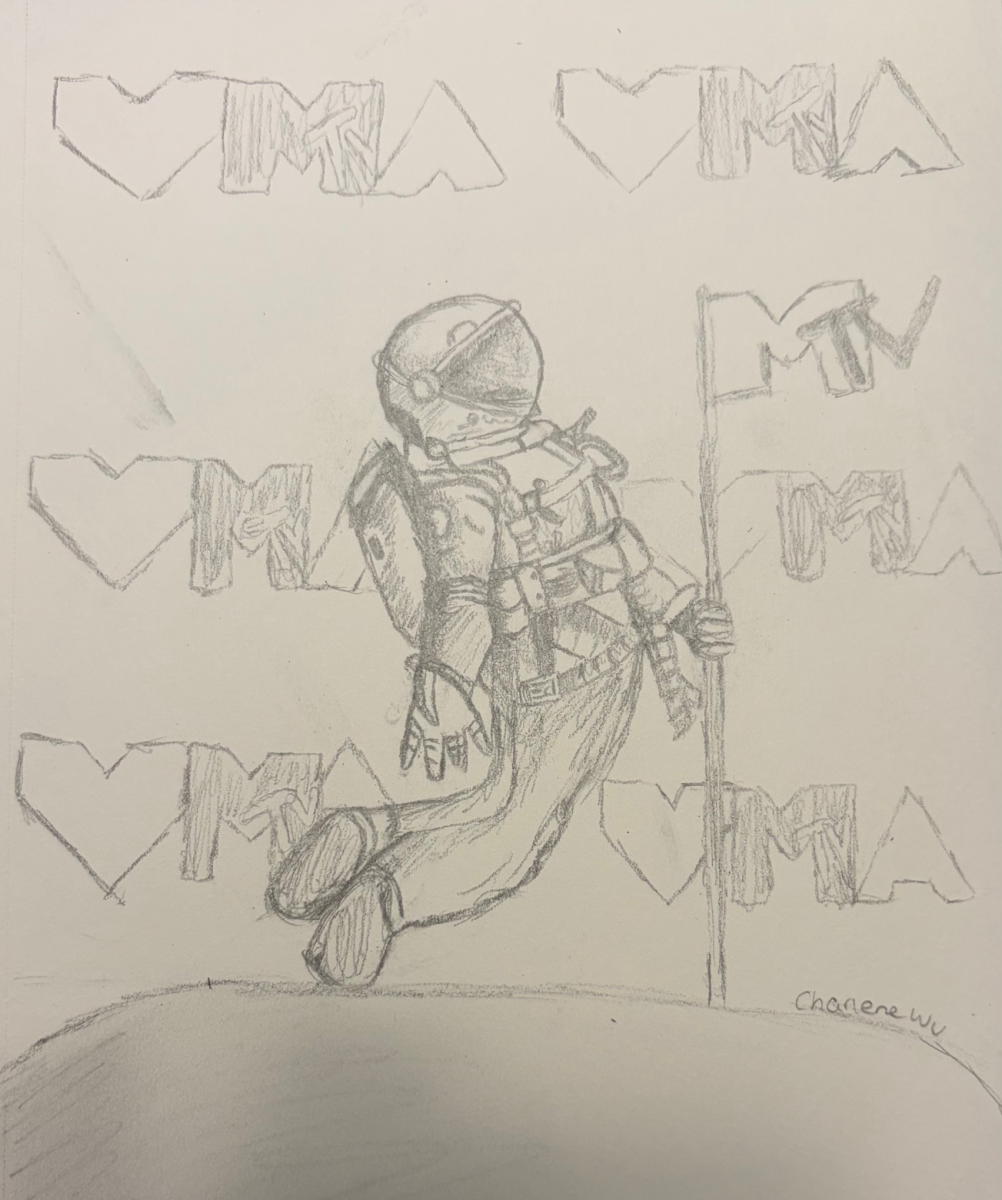
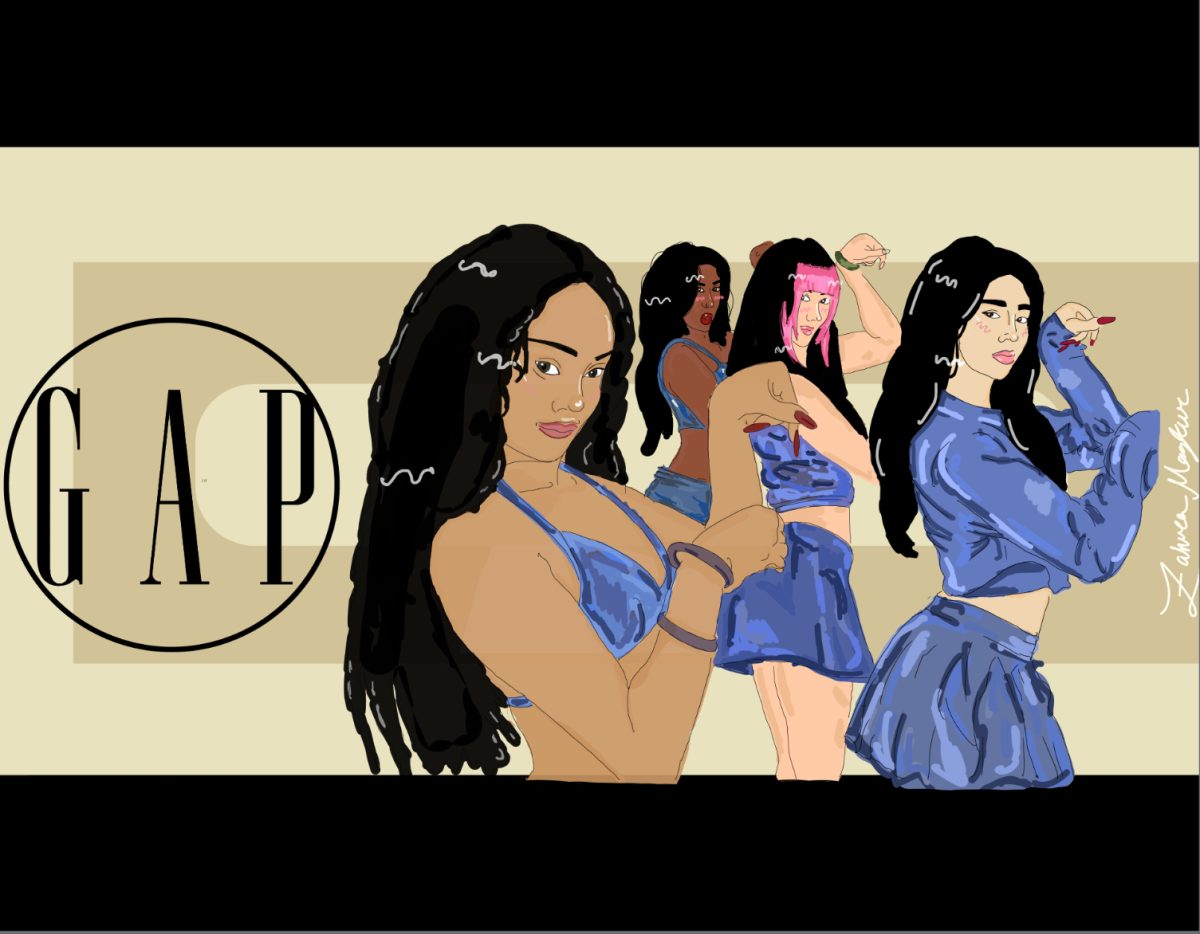


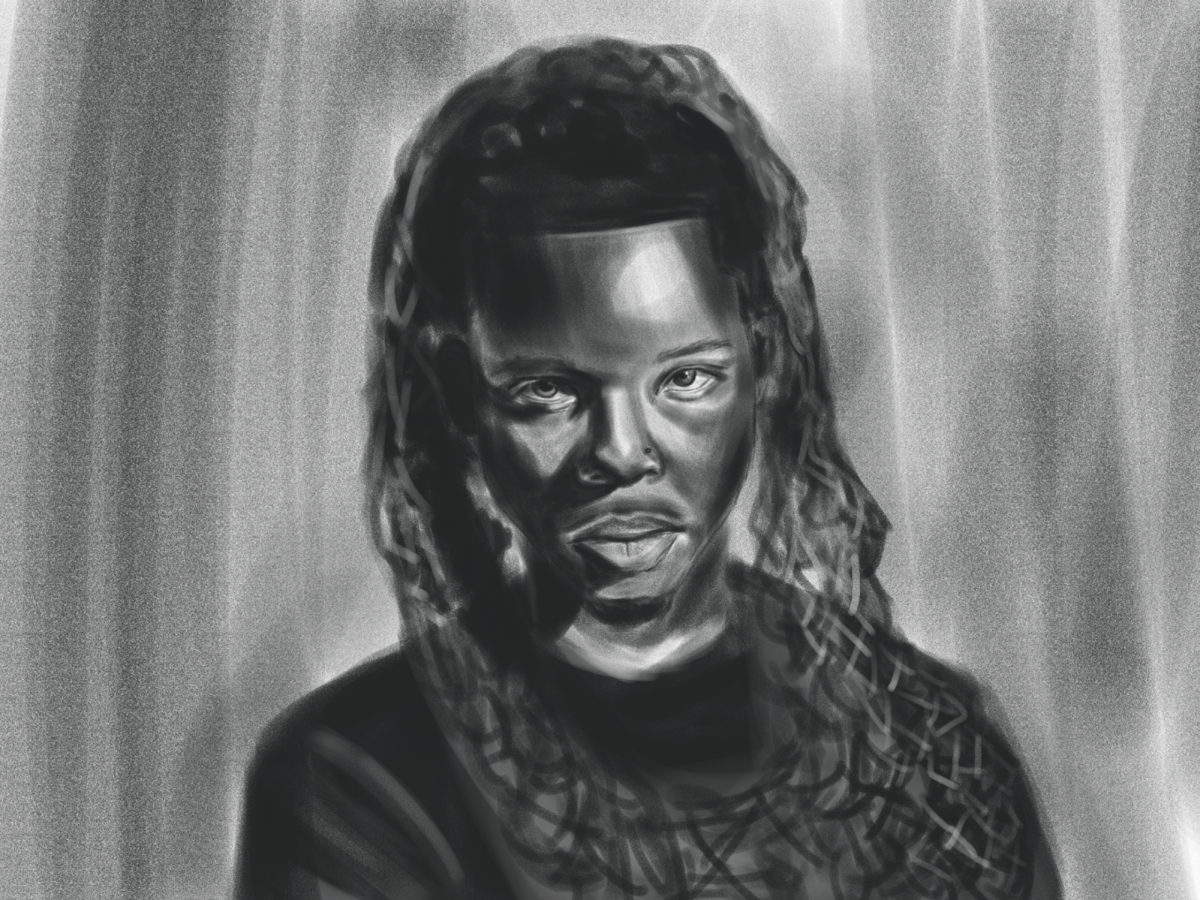

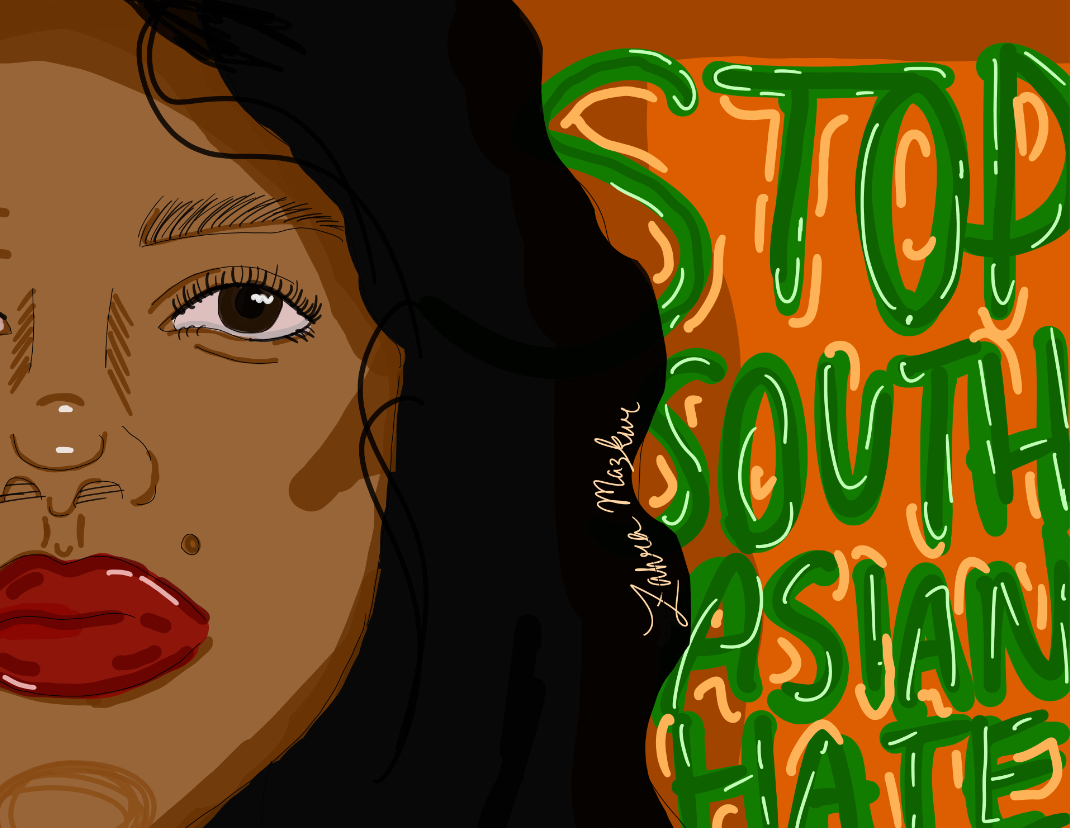
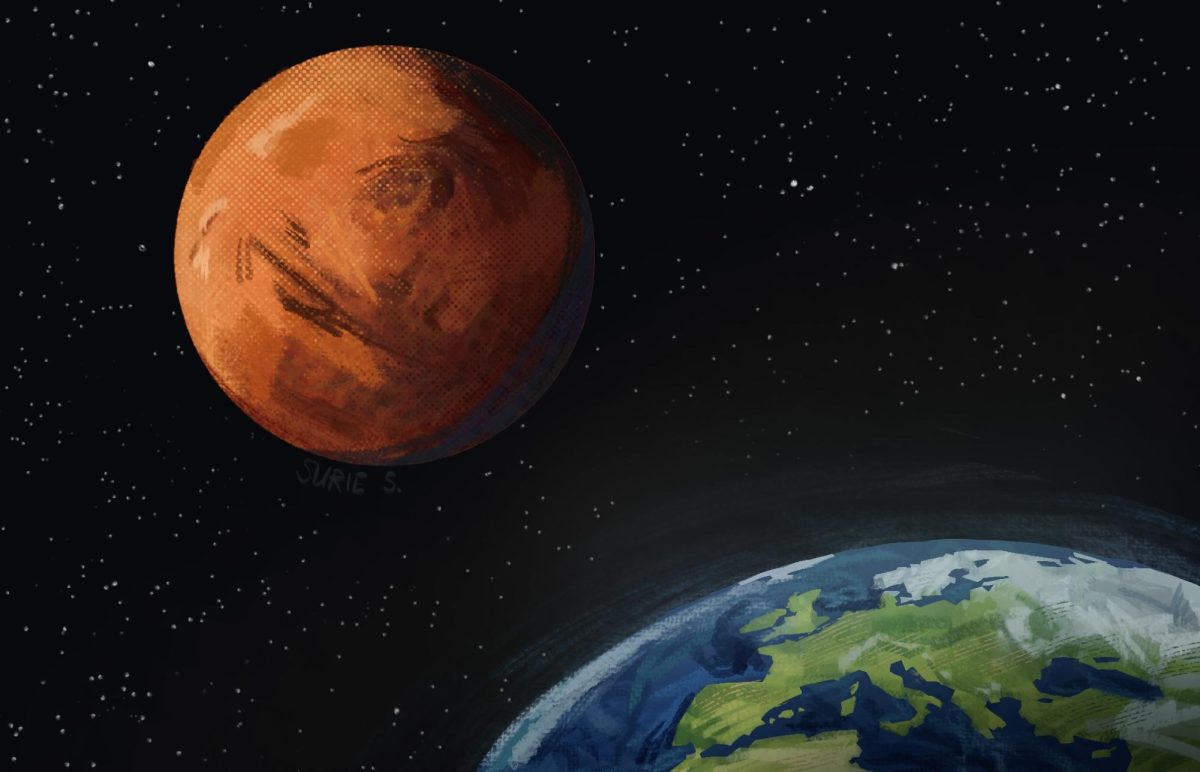
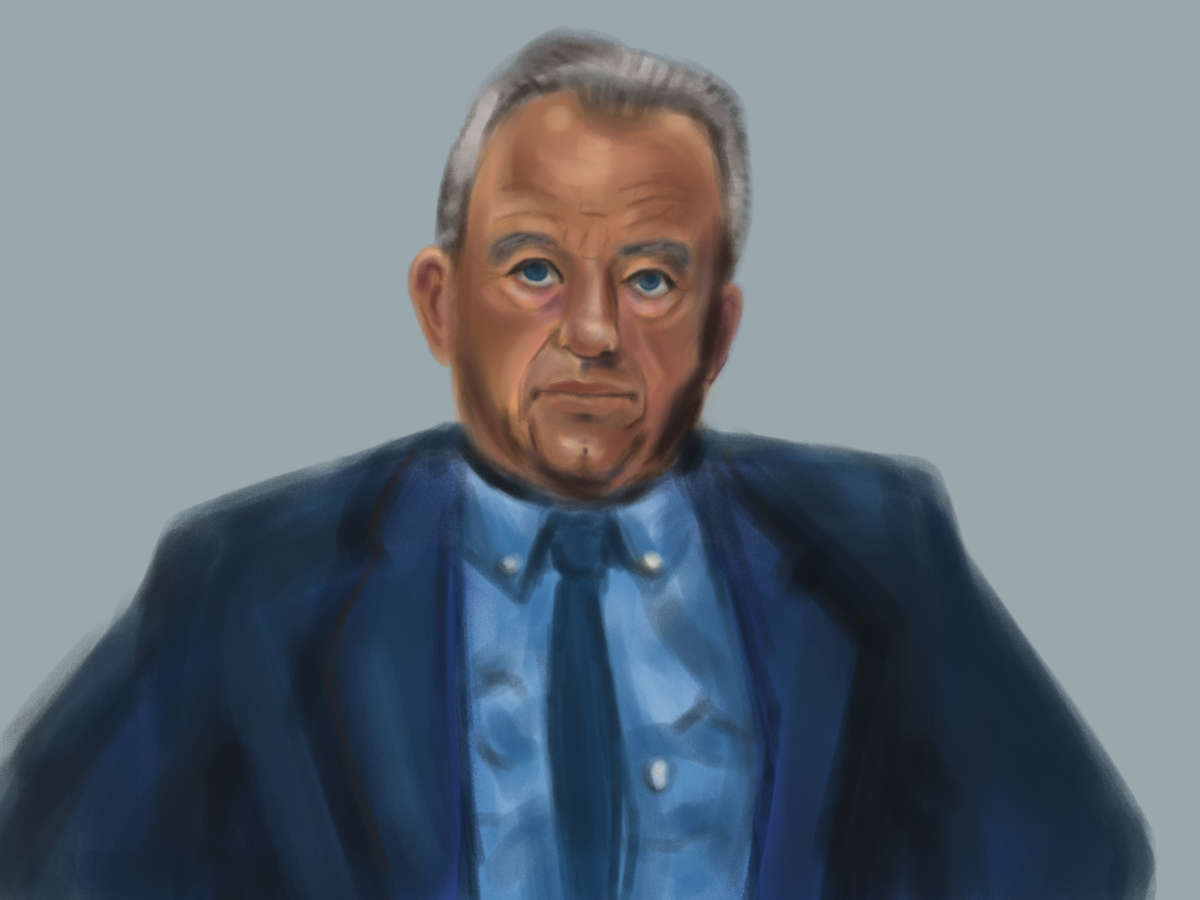

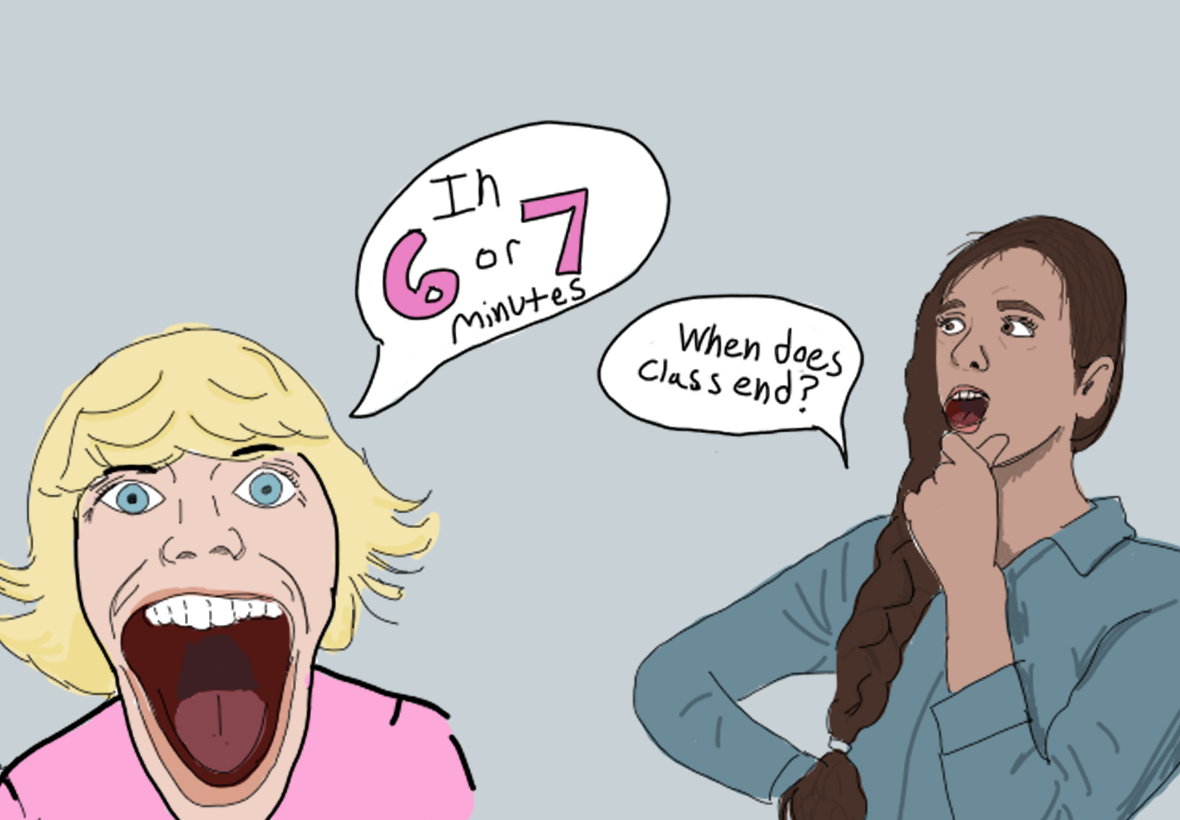

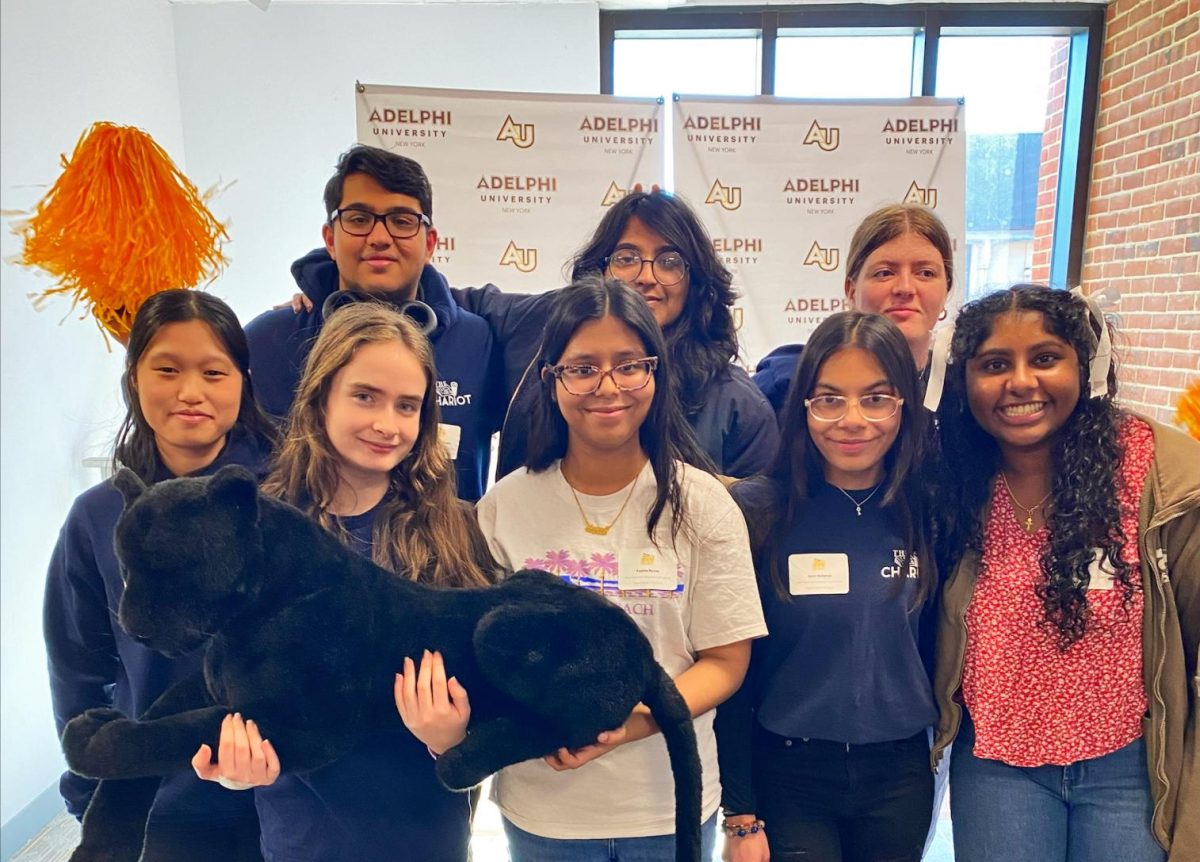





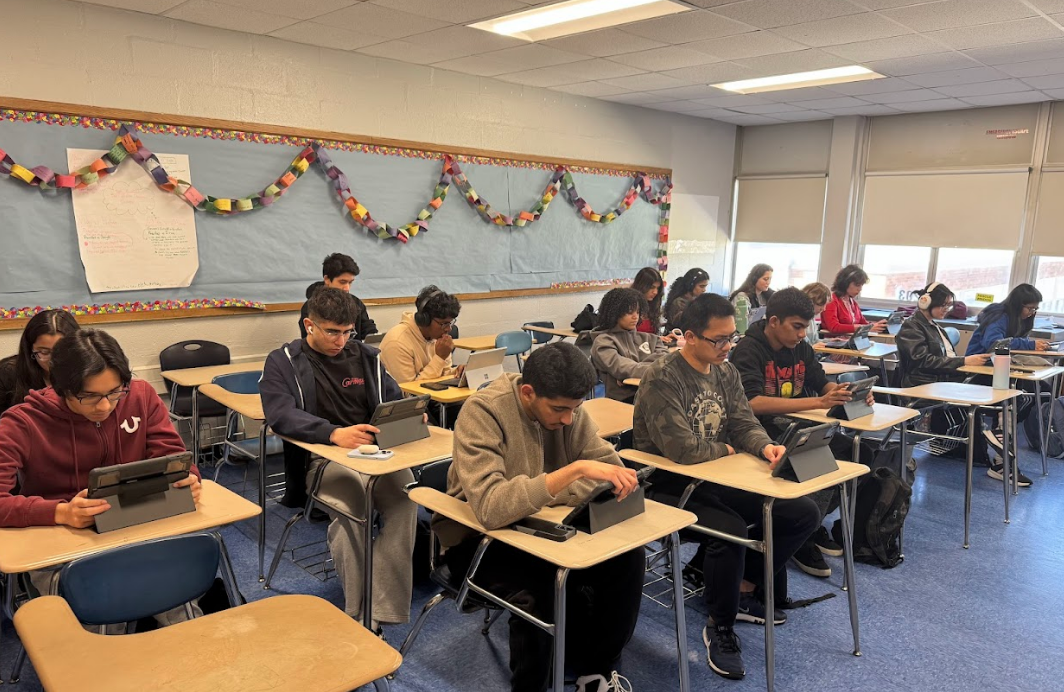
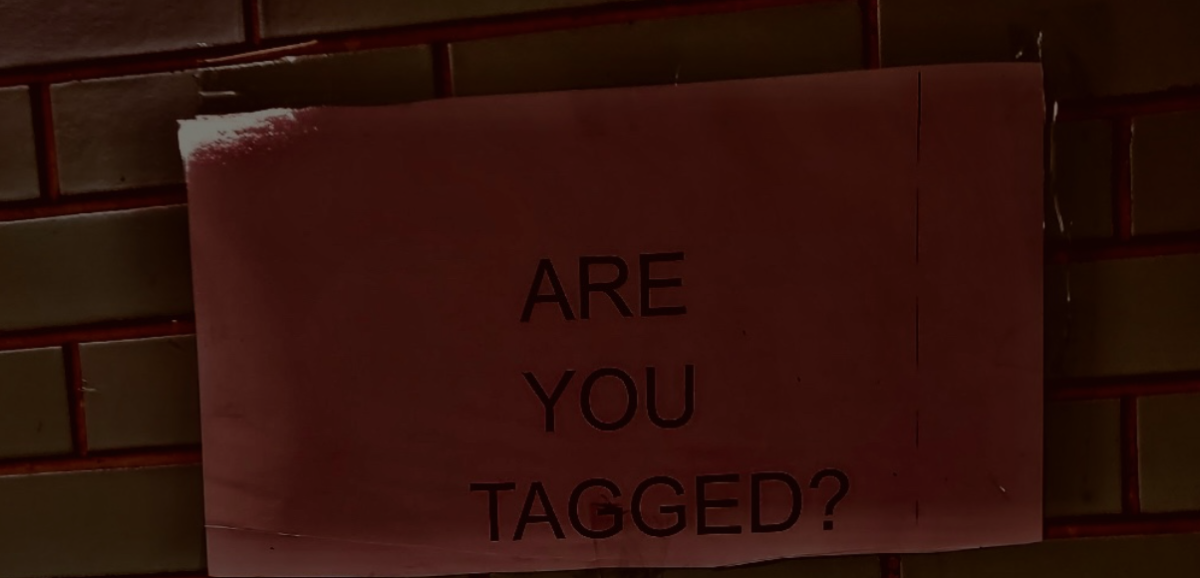
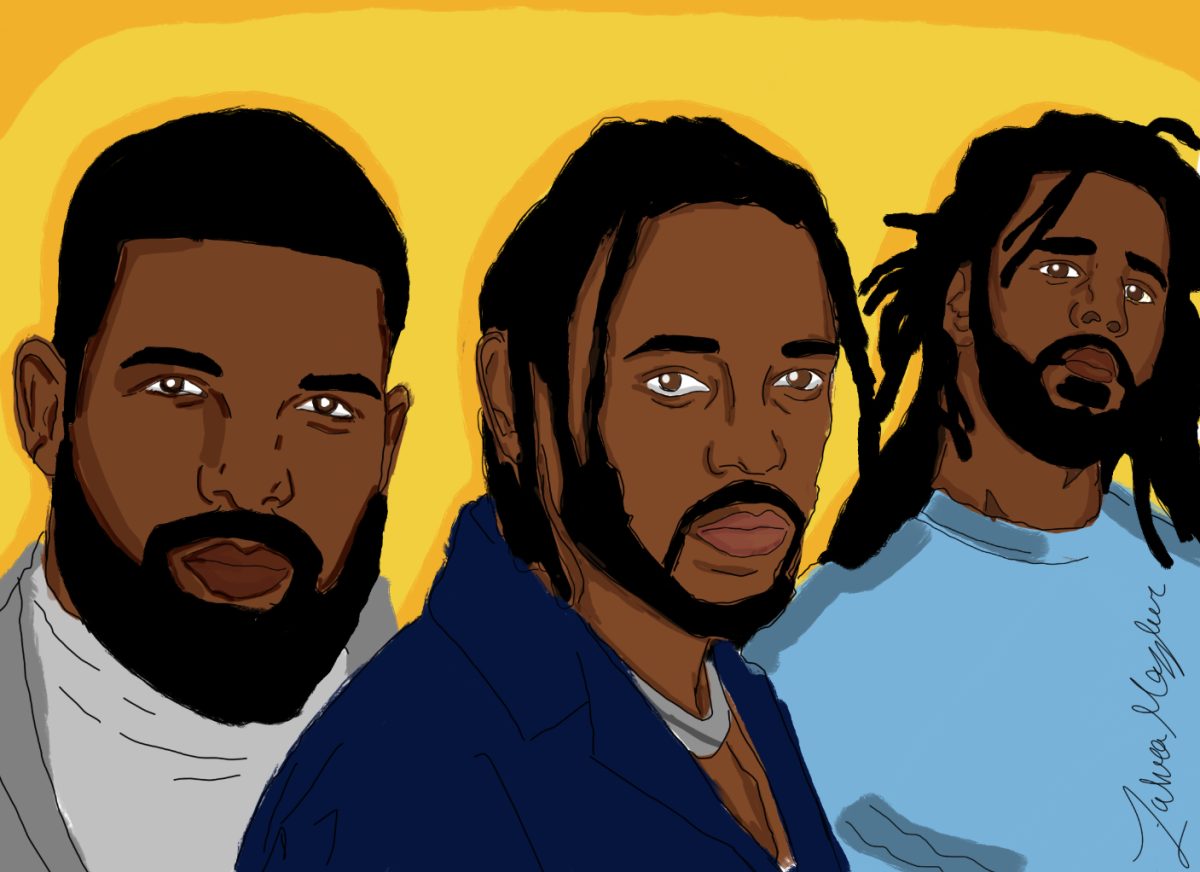



Darsh Mirchandani • Jun 10, 2024 at 8:57 am
I feel as if you should be basing the big three based on who had better music rather than singling out “impact” as your metric for influence. You can still influence the masses with a simple beat and/our shallow lyrics. In fact, both of those can be tools to increase the reach of your music.